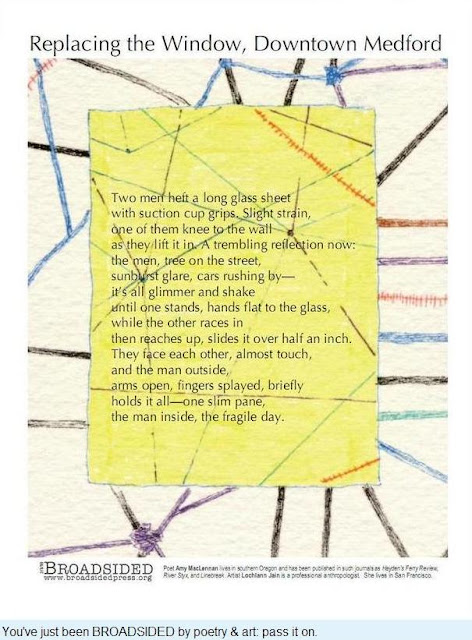and then speak...
10 goofy ways to practise speaking skills from Rliberni's Blog by rliberni
I’ve been thinking about some quick ways in which you can practise English as you go about your daily life. I realise that not everybody is in a position where they are surrounded by English every day. For others they have very limited time to practise and need ‘quick fixes’ to keep their language skills moving. One area which poses a particular problem here is speaking.
I thought back to my early days of learning French, I was in a similar position with no French around me and without things like internet access that are available today! I invented little tricks and tasks to do in French to keep the momentum going. I’ll share these with you here and I’ve added a few more that I have observed from other people.
So, wherever you are and whatever you’re doing you can do a little effective practice!
These will work with any language you are learning.
Warning – you might want to do some of these behind closed doors!
All the activities require a little imagination, do them when you are performing routine tasks.
Singing:
I love to sing and do these quite often. Great for in the shower, washing the dishes, cleaning or driving.
1. Choose a song you like and make up English lyrics – anything will do, wild and wacky or sad and sentimental.
2. Invent a
‘jingle’ to advertise your favourite chocolate bar, car, band etc.. let your imagination go wild!
3. Make up a rap about what you are doing.
OK, so how do these help anything, you may be asking. There’s spontaneity, which is something you also need when speaking – you don’t know what’s coming next. You can be totally uninhibited and try anything – true freedom of expression! It will help you drag out vocabulary from your boots, you’ll be surprised at what you know. You’ll also find out what you don’t know – no worries – look these words up in your dictionary later on.
Present a TV show!
4. Cooking is GREAT for this! As you prepare your dish/meal imagine you are on TV and show your audience how to make it.
5. Choose another task you are doing and imagine you are making a video to show others how to do it.
This is great practice for giving instructions and describing a process. Conjure up a team to help you and soon you’ll have your own TV studio!! Get into the part. You could even invite your friends to join in too!
Recite a poem:
6. Learn a poem or verse by heart and then practise it while you go about your daily tasks. You can, alternatively, base it on a poem in your own language or even make one up.
When I was learning French at school we used to memorise poems and ‘perform’ them in class – great for pronunciation!!
Conversing with pets!
7. Converse with your dog or cat! You have a real live partner for your conversation even if you get very quizzical looks! (I always did). It adds a dimension to your creativity and great for pronunciation.
Making speeches.
8. OK, you need a microphone for this, so grab that washing-up brush, wooden spoon or shower gel bottle and make that speech to your invisible audience!!
Become a tour guide!
9. Grab your ’microphone’ again and pretend you are a tour guide and give a guided tour of your city, town or village!
10. Get
Gapfillers word of the day on your mobile phone. An effortless way to improve your vocabulary!
and keep practicing...
Make your language practice a part of your life!! Check out these posts to help you with your English practice.
